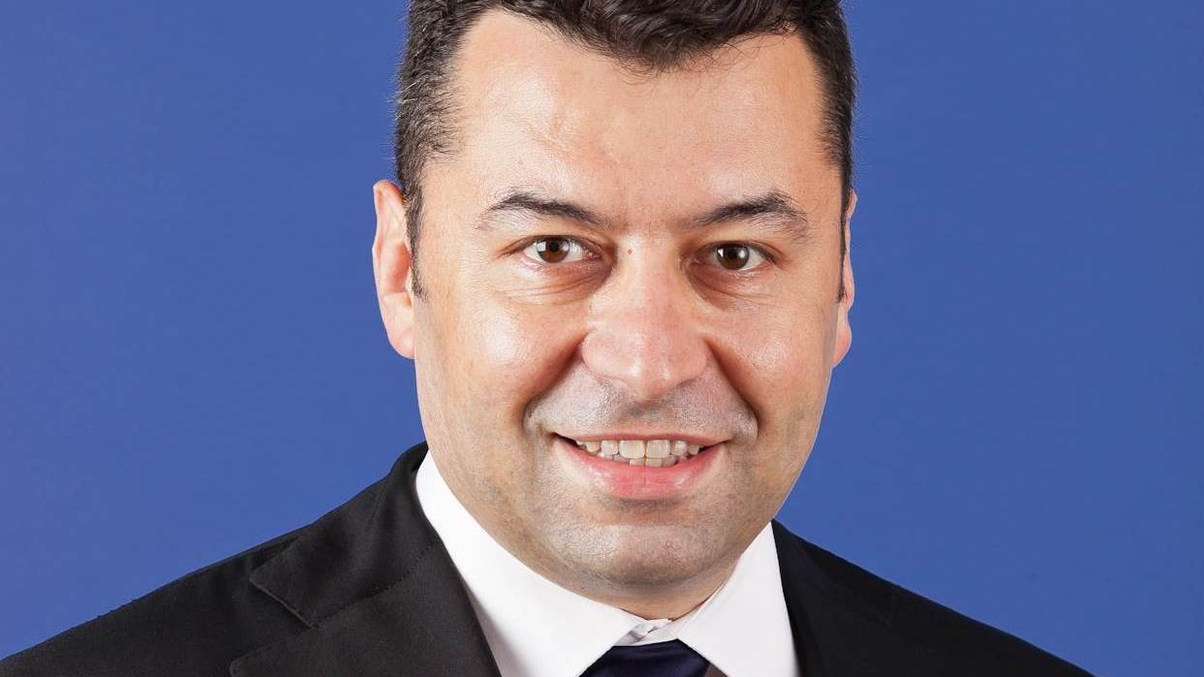Julius Baer gatekeeper mulls potential Janus-Henderson impact
Luigi Vignola, head of of markets and advisory solutions Asia at the private bank, is eyeing the potential impact of the merger of Janus Capital and Henderson Global Investors on their funds.

Fund distributors are keeping a close eye on what the merger of US-based Janus Capital and the UK’s Henderson Global Investors – unveiled on Monday – will mean for products on their shelves.
Sign in to read on!
Registered users get 2 free articles in 30 days.
Subscribers have full unlimited access to AsianInvestor
Not signed up? New users get 2 free articles per month, plus a 7-day unlimited free trial.
¬ Haymarket Media Limited. All rights reserved.


